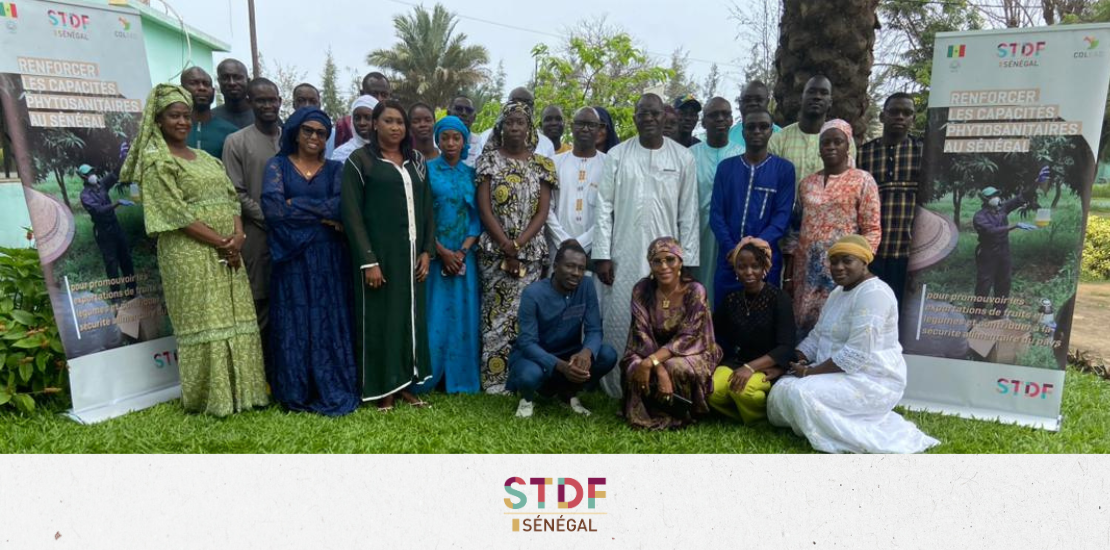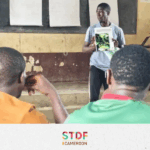- 09/09/2025
- Posted by: Sandra Borma
- Category: News

In the first half of 2025, the STDF/PG/946 project reached a key milestone in the modernisation of Senegal’s phytosanitary system, which is crucial for strengthening the competitiveness of horticultural exports.
Major legal reforms
A decree and three implementing orders covering surveillance and control, import and export inspections, and fee schedules were validated in May 2025. These new texts replaced legislation dating back to 1960, aligning the framework with international standards and including specific provisions to address the challenges faced by rural women in agricultural value chains more effectively.
Towards better risk management
The phytosanitary risk analysis process, which was initiated in the potato sector, will be extended to two more value chains. Strengthened through training and innovative tools (e.g. the CABI platform and artificial intelligence), national teams are improving their ability to assess harmful organisms.
Capacity building and public-private dialogue
A regional webinar introduced national authorities to the implementation of a Quality Management System (QMS). In parallel, export procedures for four horticultural sectors have been revised and a continuous training plan is being developed for Plant Protection Directorate (DPV) staff. Three national experts also received advanced training in South Africa to foster the introduction of digital monitoring tools. The project’s steering committee has validated the interim results and decided to extend the risk analyses to new sectors, such as citrus and cabbage. This forum is becoming a key space for structuring and coordinating activities between public and private actors.
Inclusion and next steps
With women accounting for over 50% of participants in some workshops, the project is demonstrating its commitment to more inclusive governance. Specific indicators have been developed to monitor women’s involvement in the phytosanitary sector. The second half of 2025 will see an acceleration and scaling up of technical activities, training and risk analyses.
The “STDF/PG/946 ” project is funded by the WTO’s Standards and Trade Development Facility (STDF) at the request of the Senegalese Ministry of Agriculture, Rural Development and Food Sovereignty’s (MAERSA) Directorate of Plant Protection.





